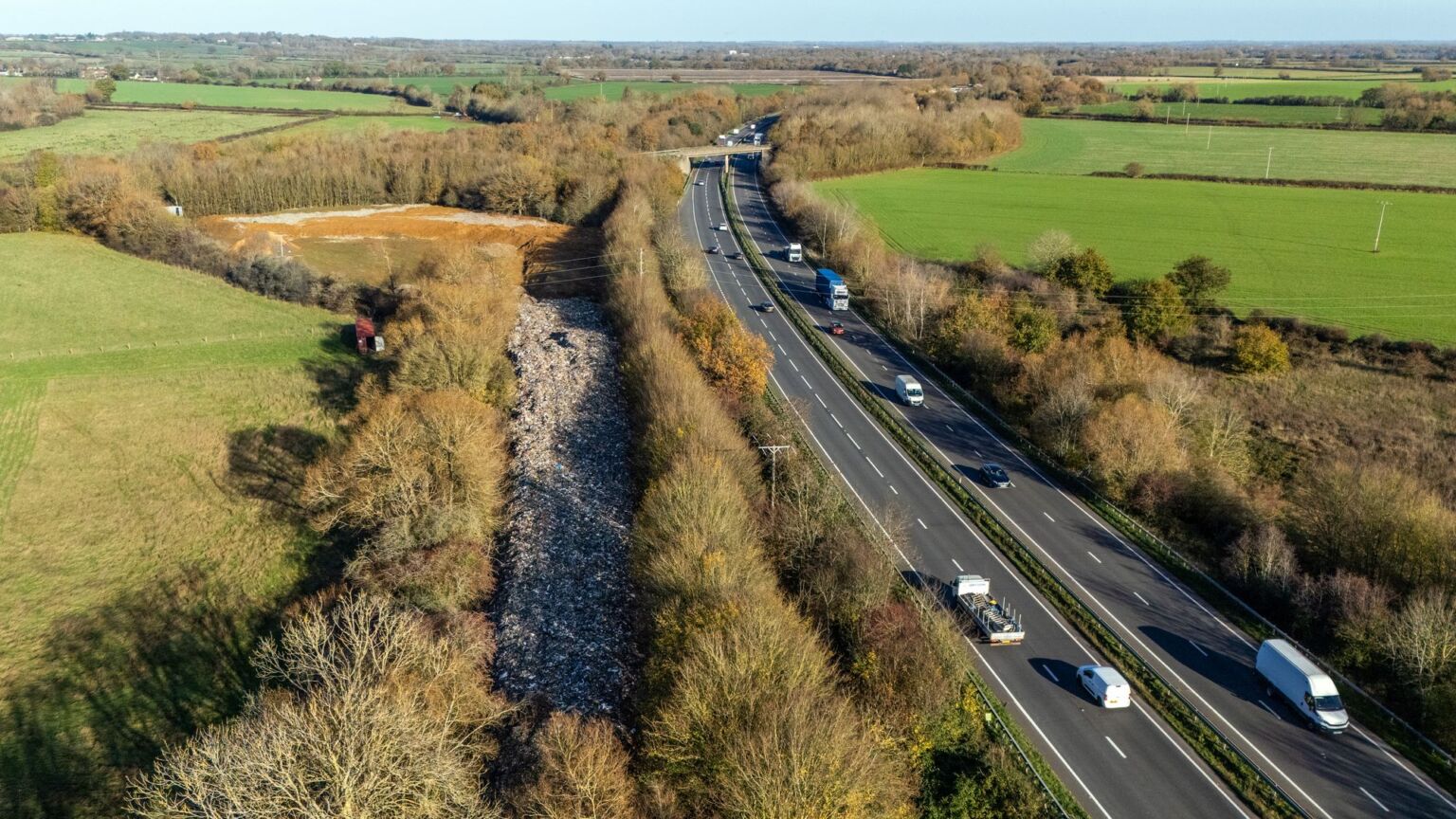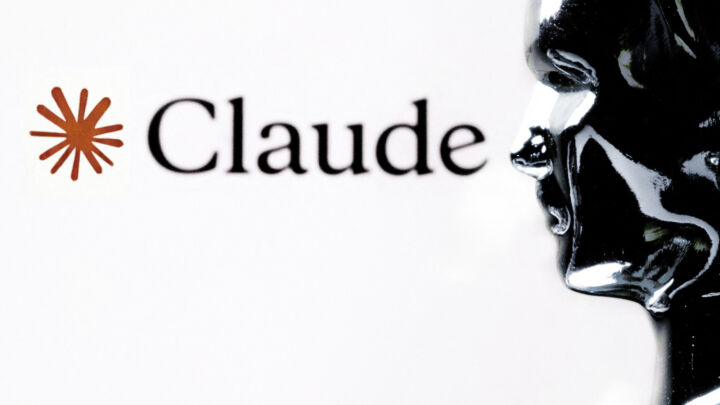The Oxfordshire ‘super-tip’ is a symbol of Britain’s decay
How was a rubbish tip the size of a football pitch allowed to develop unimpeded?

Want unlimited, ad-free access? Become a spiked supporter.
Few places are more picturesquely English than the village of Kidlington in Oxfordshire. It’s close to Blenheim Palace and the River Cherwell, and it contains an 800-year-old church and more Georgian cottages than you could shake a stick at. More recently, Kidlington has added to its store of quintessential English landmarks: an insuperable mound of rubbish.
The 150-metre-long, 15-metre-wide, 10-metre-high rubbish tip, sprawled between the A34 and the eastern banks of the River Cherwell, is not a bequest to Kidlington Parish Council from Tate Modern. In fact, no one in Kidlington, from the council to the local angling society, seems to have a clear idea as to how what has been described as a ‘biodiversity nuclear bomb’ came into existence.
Adding to the mystery is the conduct of the Environment Agency. The green quango, which has a budget of approximately £2 billion a year and employs more than 13,000 staff, has been missing in action since evidence of illegal rubbish dumping began to be noticed during the summer.
Drone footage from March shows an empty field where the tip now lies. By June, the area had been cleared of vegetation. Then, at some point from July onwards, actors unknown started dumping the first piles of rubbish. A local farmer, Joshua Eastwood, told the BBC that he alerted the authorities during the summer. ‘Towards the early hours of the morning, two or three artic [lorries] would come off the carriageway from the M40, do a loop of the roundabout, pull in, dump’, he said.
The response of the Environment Agency to recent media interest has been nothing short of baffling. ‘We took immediate action’, it said. It claimed to have issued a cease and desist order in July (against whom?) before obtaining a court order to close the area. And yet here we are, months later, with a pile of rubbish so enormous that the cost of removing it could bankrupt the local council, and which, thanks to recent rainfall, is now seeping into the river.
Kidlington’s refuse problem is far from unusual. Indeed, since April, Birmingham – England’s second biggest city – has been covered in more than 20,000 tonnes of uncollected rubbish. The situation became so desperate that locals were captured mobbing a rubbish truck out of frustration, while the army was called in to advise on the extent of the public-health risk. The situation will now only get worse, with news this week that agency workers hired by the council (its refuse division remains on strike over a pay dispute) have walked off the job.
Collecting rubbish ought to be one of the most basic functions of the state – at whatever level. Yet once again, we have evidence that even the most simple task is beyond the wit of the authorities. Of course, the rubbish crisis gripping Birmingham could be easily fixed by the city council paying its refuse workers more. The Kidlington tip is almost certainly the work of criminals, who take cash payments to remove rubbish that, for whatever reason, a business or household won’t dispose of. Yet, in both cases, the state is failing in its most basic duty, in the first instance, to collect people’s rubbish. And in the case of Kidlington, it is also failing to tackle the low-level criminality, operating with impunity beneath the noses of an indifferent government agency.
This Oxfordshire super-tip is more than just an ugly stain on the countryside. It is a symbol of the failure of the modern British state. And that’s something none of us should put up with.
Hugo Timms is an editorial assistant at spiked.
You’ve hit your monthly free article limit.
Support spiked and get unlimited access.
Support spiked and get unlimited access
spiked is funded by readers like you. Only 0.1% of regular readers currently support us. If just 1% did, we could grow our team and step up the fight for free speech and democracy.
Become a spiked supporter and enjoy unlimited, ad-free access, bonus content and exclusive events – while helping to keep independent journalism alive.
Monthly support makes the biggest difference. Thank you.









Comments
Want to join the conversation?
Only spiked supporters and patrons, who donate regularly to us, can comment on our articles.